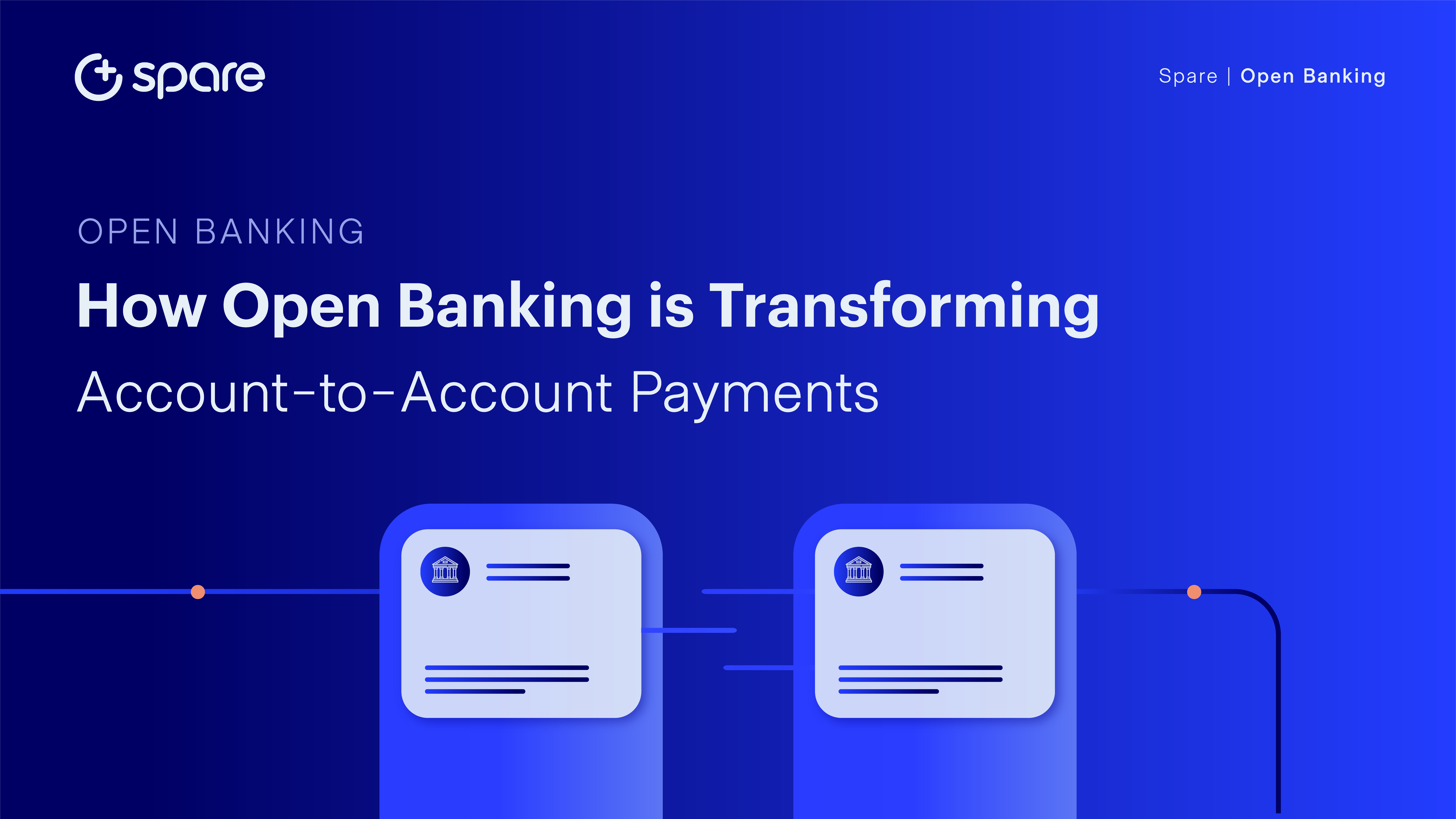How Open Banking Is Transforming Account-to-Account Payments.

In the rapidly digitizing economies of the Middle East and North Africa (MENA), the way money moves is undergoing a profound transformation. At the center of this shift is Open Banking—a regulatory and technological framework that allows secure access to financial data and services via APIs. While Open Banking opens doors to countless innovations, one of its most immediate and powerful applications is the acceleration of account-to-account (A2A) payments.
Gone are the days of clunky bank transfers, high card fees, and multi-day settlement windows. A2A payments, powered by Open Banking, are redefining what it means to move money—offering businesses and consumers a faster, cheaper, and more secure alternative to traditional payment rails.
For decades, businesses in MENA have relied on card networks and manual bank transfers—each with its own set of inefficiencies. Cards come with high interchange fees, settlement delays, and fraud risk. Manual transfers lack automation and visibility, particularly when dealing with cross-institution transactions.
These systems weren’t built for the speed or flexibility that modern businesses require.
Account-to-account payments enable funds to move directly from one bank account to another—no intermediaries, no card rails. They remove friction from transactions and, when built on top of Open Banking infrastructure, offer:
Real-time settlement: Payments can be executed instantly, 24/7—critical for use cases like merchant payouts, gig economy disbursements, and recurring billing.
Lower costs: A2A eliminates the fees associated with card processing and intermediaries, making every transaction more cost-effective.
Enhanced security: With embedded Strong Customer Authentication (SCA) and data encryption, Open Banking payments offer bank-level security.
Better user experience: Seamless, app-integrated flows mean customers can pay directly from their bank account with just a few taps.
Open Banking provides the foundation for A2A by standardizing APIs, ensuring regulatory compliance, and enabling data access with user consent. In Saudi Arabia, the Central Bank (SAMA) has launched an Open Banking Framework, including secure payment initiation services. In the UAE, the Financial Infrastructure Transformation (FIT) program is prioritizing Open Finance capabilities, while Bahrain’s Central Bank has already implemented a dedicated Open Banking regulatory framework.
As these regulations evolve, fintechs like Spare are leveraging them to build intelligent infrastructure that enables seamless A2A transactions across banks and borders.
Real-World Applications in MENA
A2A payments are already driving tangible value across the region:
Merchant Settlements: Spare partners with platforms to enable instant account verification and settlements—reducing onboarding friction and cash flow lag.
Subscription Billing: Businesses can offer recurring payments without relying on card tokens or risking payment failure.
Lending and BNPL: Instant disbursement and repayment flows become possible, removing the need for manual transfers or card rails.
As regional APIs become more standardized and consumer adoption grows, A2A payments are poised to become the default for everything from B2B payments to digital commerce. Spare’s infrastructure is already enabling this shift—offering banks, fintechs, and enterprises the rails to launch secure, real-time payment experiences built for the modern economy.
A2A payments are more than a technical upgrade—they’re a paradigm shift. Open Banking is making them faster, safer, and more accessible than ever before. As MENA continues its journey toward smarter financial connectivity, businesses that adopt these technologies early will gain a powerful competitive edge.